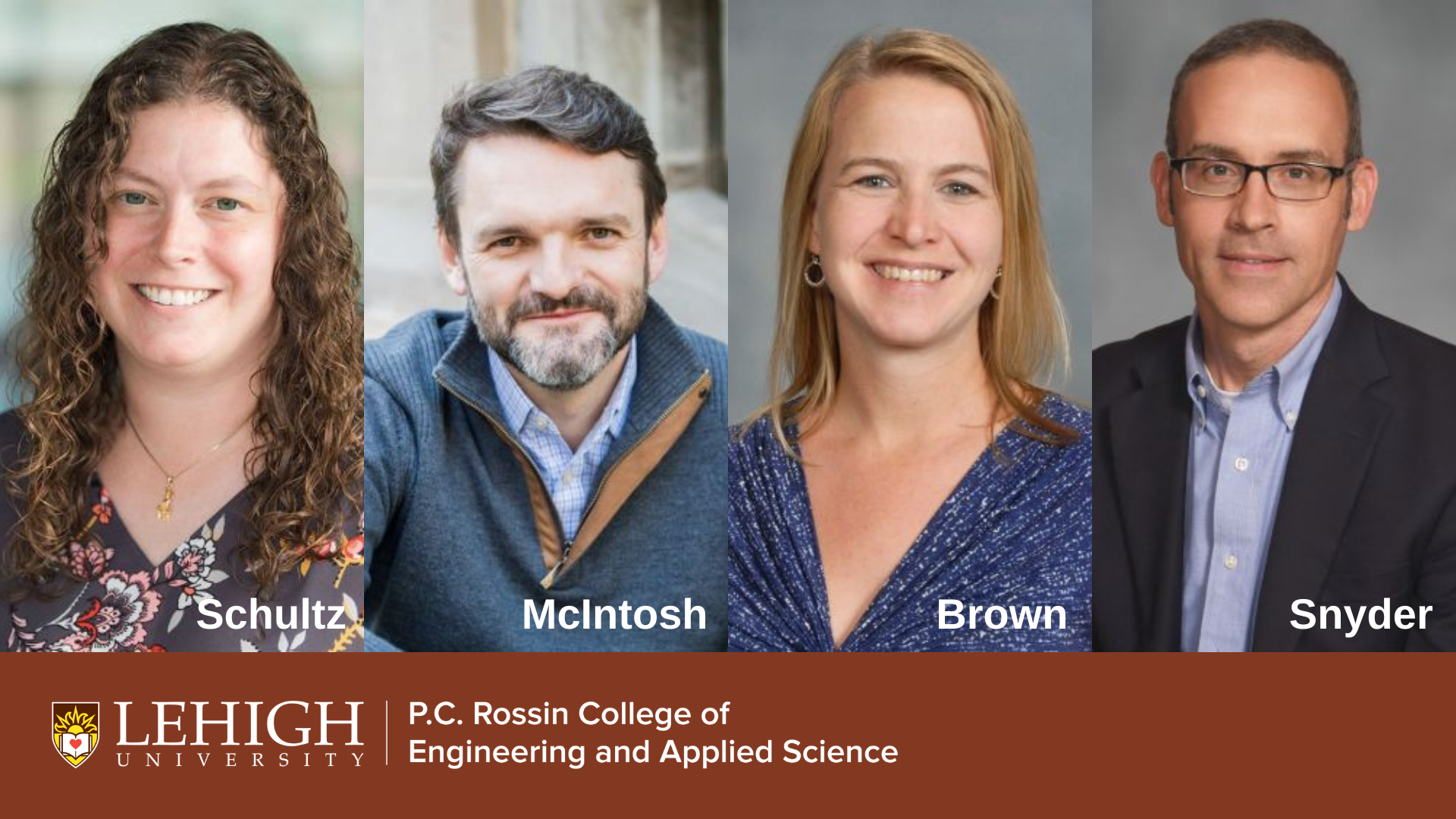"The reason I had been thinking about cultured meat is because it is a tissue engineering program, just with animal instead of human cells," says Professor Kelly Schultz, in an interview with AZO Life Sciences. "In conversations with my collaborators, we determined that some of the hurdles that are commonly faced with cultured meat could be tackled by our unique set of skills and that we had a new and novel approach to see if we could grow whole-cut meat products."

Schultz, an associate professor of chemical and biomolecular engineering expertise in emerging hydrogel materials developed for biological applications, is lead researcher on a multidisciplinary project that aims to "realize a transformative tissue engineering strategy using a novel engineered composite scaffold that provides physical and spatially targeted chemical cues to grow and facilitate the organization of muscle tissue into a whole-cut meat product at a reasonable cost."
Collaborators on the project are three fellow ChBE faculty members: associate professors Mark Snyder and Angela Brown and professor and department chair Steve McIntosh. The team recently was awarded a $250,000 grant from the Good Food Institute (an international nonprofit devoted to reimagining how meat is produced).
Read the full article, "Paving the Way for a New Lab-Grown Meat," on the AZO Life Sciences website.
Paving the Way for a New Lab-Grown Meat@LehighU #meat #labgrown #Sustainability #food #research #science #health https://t.co/oCnmvvIuFq pic.twitter.com/R2ULim9A9N
— AZoLifeSciences (@AZoLifeSciences) January 20, 2022
